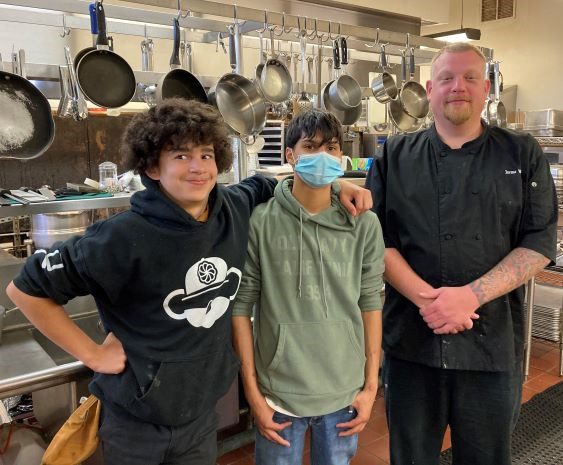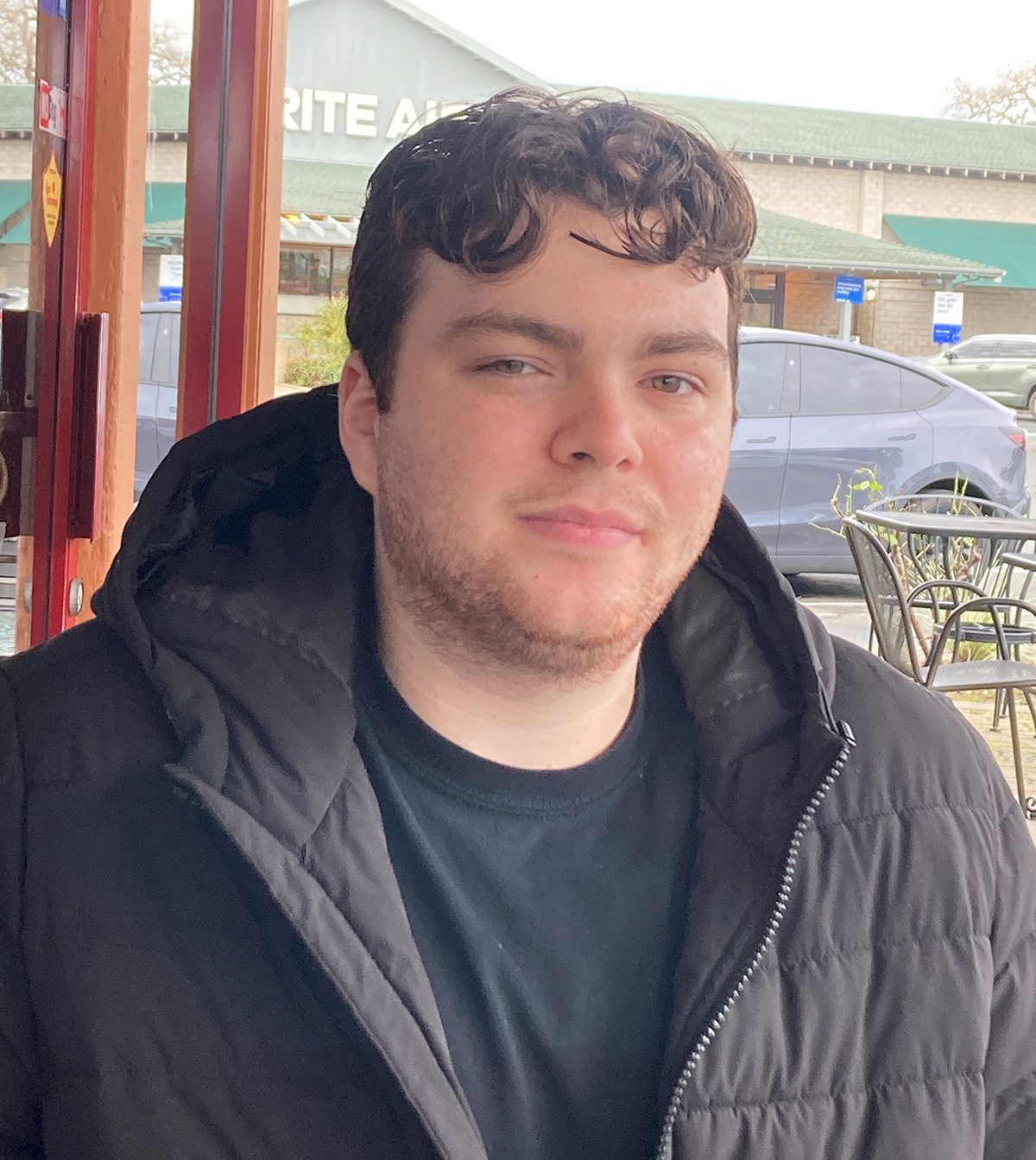Four Questions: Jamie Flatt
Question 1: What do you do here at Hanna? — How long have you been at Hanna and what motivates you back every day?
I am the Facilities Manager for Buildings and Grounds at HBC—I just passed my one year anniversary here to Hanna on January 1, 2017. My job is unique that I deal with all the departments for support and fix issues that arise daily and deal with some of the boys directly on a daily basis with our Boys work program. Some days are very challenging but at the end of the day there is a feeling that I make a difference with the Boys here at Hanna.
Question 2: What’s your favorite quote and why?
Why wait for tomorrow when you can get it done today. I think this is from me being a Marine in my earlier years. There is no reason to walk by something that needs to be fixed to say there is always tomorrow.
Question 3: What or who most inspires you?
My mother was a women that had goals and did not let anyone get in her way. She founded a business in the 70’s called Eastern Onion Singing Telegrams and became very successful for several years and did it mostly on her own. The bad part of the story was my Dad gambled millions of dollars away in Las Vegas and the business collapsed. There are a few singing telegram businesses still going and my Mom was the person who created that.
Question 4: What’s your most cherished memory from your work here at Hanna?
One morning coming to work there was a boy doing something he should of not been experimenting with and he asked for my help. I did not know how to handle the situation at the time but, I made sure the boy was safe and got him to the right people to help with the situation. I felt good that I was there to help out the boy it could of been a serious incident.


